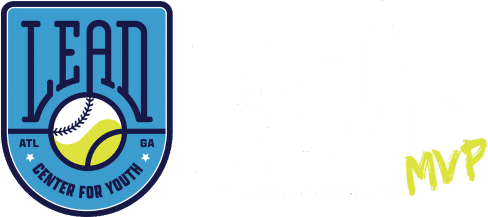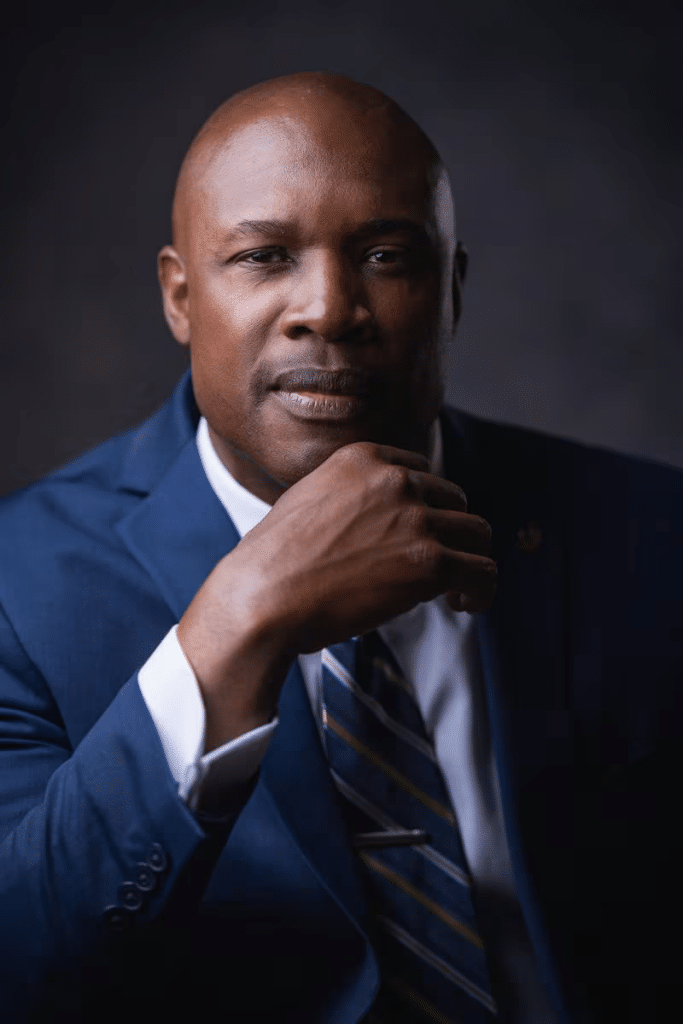Instincts are not mere feelings; they are responses honed by experience and knowledge. While our thoughts can influence our feelings, they cannot alter our instincts. Instincts are the natural actions we take, often unconsciously, that steer us away from harm and toward our true passions, desires, and interests.
To truly excel, we must rely on our minds rather than our emotions to guide us.
As a transformative coach with over two decades of experience, I’ve used baseball as a tool to develop not just Major League Players, but also Major League Citizens. Coaching, much like directing a movie, involves guiding individuals through the stages of life: the beginning, the plot, the climax, and the ending.
In both baseball and life, these stages are navigated through the development of instincts, which are cultivated through repeated experiences.
When reflecting on the decline of Black Americans in baseball, it’s alarming to note the stark contrast between 1976, when 18% of MLB players were Black and 2024, where only 5.7% are. This decline highlights a significant loss of the natural instincts that once thrived during the Negro League Baseball era, where playing baseball was integral to life and personal development.
To reclaim these instincts, we must focus on consistent practice and experience. In baseball, this translates to achieving at least 1,000 at-bats to develop solid hitting instincts. This can be accomplished through consistent play over years, but it comes at a cost.
The financial burden of participating in competitive baseball—travel, accommodation, food, and other expenses—can be substantial. But the investment is necessary to avoid future regrets and to build the essential instincts.
Costs of competitive baseball:
- Tournament: 4-6 days
- Hotel: $200 per day
- Food: $75-$100 per person per day
- Other expenses: Gas, rental car, airline tickets, tournament entry fees, etc.
Either you pay now or you pay later with the regret of not making the investment of time and money to earn instincts. Additionally, I recommend getting at-bats against quality pitching in head-to-head competition rather than in games. Find a top-notch pitcher and pay him if necessary.
A productive at-bat is:
- Seeing at least six pitches regardless of the outcome
- Drawing a walk
- Hitting the ball hard regardless of the outcome
- Advancing a runner
My coaching experience proves that a productive at-bat 50% of the time can yield a hit 30-40% of the time, depending on the caliber of pitching. So, get 500 productive at-bats out of the 1,000 and you will develop the instincts that you need.
You can travel the world to get the 1,000 at-bats, or you can get some in your community. I would pay an elite pitcher $50 to throw me 50 pitches on his bullpen day. Fifty pitches could be at least eight at-bats on that day.
Earning instincts isn’t free.
Instincts are earned through consistent practice and experience, not feelings. By focusing on our minds and committing to the necessary investments, we can develop the instincts that drive success both on the field and in life.
For more information, visit L.E.A.D. Center for Youth today.
If you found this inspiring and thought-provoking, or if you have any questions, comments or concerns, add me on Discord and let’s go deeper.
C.J. Stewart has built a reputation as one of the leading professional hitting instructors in the country. He is a former professional baseball player in the Chicago Cubs organization and has also served as an associate scout for the Cincinnati Reds. As founder and CEO of Diamond Directors Player Development, C.J. has more than 22 years of player development experience and has built an impressive list of clients, including some of the top young prospects in baseball today. If your desire is to change your game for the better, C.J. Stewart has a proven system of development and a track record of success that can work for you.



